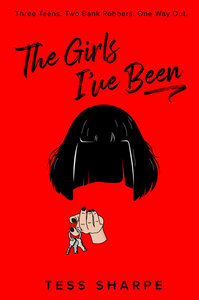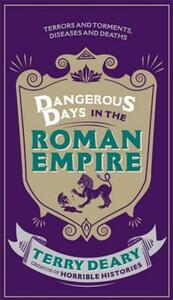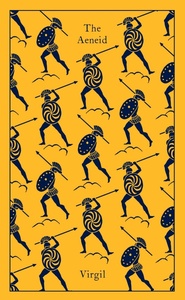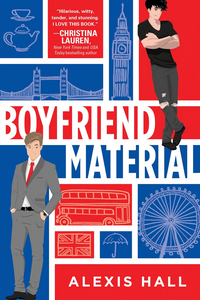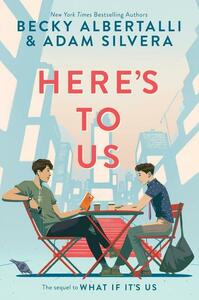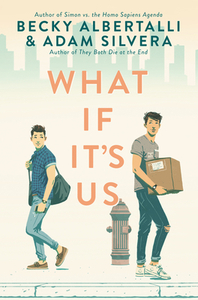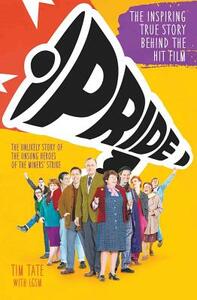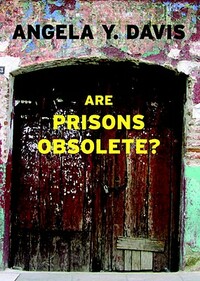Take a photo of a barcode or cover
bl4th's Reviews (29)
adventurous
challenging
medium-paced
Plot or Character Driven:
Character
Strong character development:
Yes
Loveable characters:
Yes
Diverse cast of characters:
Yes
Flaws of characters a main focus:
Yes
Loved the characters and the framing.
Graphic: Child abuse, Confinement, Domestic abuse, Emotional abuse, Physical abuse, Blood
Less concerned with history and more with juvenile entertainment. The tone is tactless and sensationalistic.
adventurous
medium-paced
Plot or Character Driven:
Plot
Strong character development:
No
Loveable characters:
Yes
Diverse cast of characters:
No
Flaws of characters a main focus:
Complicated
mysterious
tense
slow-paced
Plot or Character Driven:
Character
Strong character development:
Yes
Loveable characters:
Complicated
Diverse cast of characters:
No
Flaws of characters a main focus:
Yes
My absolute favourite book of all time. Dumas is a master at writing slowly-unraveling plots, and I am in a perpetual state of rereading it despite its length.
Moderate: Child death, Confinement, Death, Infidelity, Misogyny, Slavery, Grief, Suicide attempt, Death of parent, Alcohol
Minor: Ableism, Adult/minor relationship, Drug use, Racism, Slavery, Antisemitism, Lesbophobia, Cultural appropriation
I started hatereading this book because I thought it would be fun to poke fun at it. After taking a fortnightly break, now it's just boring.
Moderate: Terminal illness
lighthearted
medium-paced
Plot or Character Driven:
Character
Strong character development:
No
Loveable characters:
No
Diverse cast of characters:
No
Flaws of characters a main focus:
Yes
Here's to Us is like What If It's Us except Arthur is less hateable, the tone is less outrageous, and there are fewer Harry Potter references. That doesn't make it better than the first book.
WIIU had a very distinct tone of melodrama and inventive plotlines, albeit those plotlines being 'Arthur stalks the love interest and this is cute somehow.' HTU, in comparison, is boring and cliche.A burgeoning writer trying to leave NYC but staying because of True Love, an arbitrary love triangle, pre-existing boyfriends who exist only to be broken up with for the sake of these Soulmates... and no, these tired plot beats aren't even written interestingly.
Furthermore, the ending of this book flies directly in the face of the ending of WIIU.At the end of WIIU, the prognosis is reached that Ben and Arthur love each other, but are content with a platonic relationship, something refreshingly unromantic. At the end of HTU, the prognosis is reached that Arthur and Ben aren't happy as friends actually and in fact they both need to break up with their boyfriends immediately so that they can get married. An unnecessary epilogue ends a story overly concerned with making sure that Ben and Arthur have to end the story in a monogamous romantic relationship even if they have to break up their perfectly happy (if not Madly In Love) relationships to do so.
However, despite all of this, the undoubtedly worst (and consequently funniest) part of this book is Dylan. He graduated from 'occasional sex jokes' to 'sexually harasses every man he meets', to the point where it feels like Samantha is bearding for a man with no concept of boundaries.His relationship with her ends with them having a SHOTGUN WEDDING at 18 years old, something which is unambiguously treated as cute? Additionally, Samantha gets less lines than she did even in the first book, which STILL leaves her in the position of 'most prominent female character.'
There are other big oddities as well. There is no indication that covid-19 exists in this story, yet Zoom is mentioned, something intrinsically linked to the pandemic. The typical performative descriptions plague the book, from the singular mention of queer women existing to Arthur seeing a black person with a trans rights shirt and immediately assuming their gender.There is still the issue of Dylan's SHOTGUN WEDDING, which the narrative refuses to address. They are 18 year old college students with no wealthy family or jobs to speak of, and frankly, I would love to see Dylan do the budgeting on that one.
I did not go into this book thinking that I would like it. I disliked the first book just the same. However, the first book was very fun to hate-read. This one was just boring.
WIIU had a very distinct tone of melodrama and inventive plotlines, albeit those plotlines being 'Arthur stalks the love interest and this is cute somehow.' HTU, in comparison, is boring and cliche.
Furthermore, the ending of this book flies directly in the face of the ending of WIIU.
However, despite all of this, the undoubtedly worst (and consequently funniest) part of this book is Dylan. He graduated from 'occasional sex jokes' to 'sexually harasses every man he meets', to the point where it feels like Samantha is bearding for a man with no concept of boundaries.
There are other big oddities as well. There is no indication that covid-19 exists in this story, yet Zoom is mentioned, something intrinsically linked to the pandemic. The typical performative descriptions plague the book, from the singular mention of queer women existing to Arthur seeing a black person with a trans rights shirt and immediately assuming their gender.
I did not go into this book thinking that I would like it. I disliked the first book just the same. However, the first book was very fun to hate-read. This one was just boring.
lighthearted
slow-paced
Plot or Character Driven:
Character
Strong character development:
No
Loveable characters:
No
Diverse cast of characters:
No
Flaws of characters a main focus:
Yes
This book is the height of millennial gay YA, and I mean this as the greatest of insults.
The story comprises of two teenage boys, Ben and Arthur, who meet in a post office and try to find each other again. This is not a spoiler, it happens on the third page. The boys very quickly decide that meeting each other was Fate, despite the fact that their initial interaction comprised only of some minor banter. Both of them, specifically Arthur, try to track each other down. This ‘tracking down’ would be legally defined as ‘stalking.’ Arthur picks up an address label that Ben tore from a box, in the hope that it is his address.They end up finding each other when Arthur places a public poster in a coffee shop, with a picture of Ben that he found by stalking Instagram for hours. Despite the fact that this is an incredibly creepy thing to do, Ben is taken-in, and every single supporting character is incredibly enthusiastic in their support of this.
The story comprises of two teenage boys, Ben and Arthur, who meet in a post office and try to find each other again. This is not a spoiler, it happens on the third page. The boys very quickly decide that meeting each other was Fate, despite the fact that their initial interaction comprised only of some minor banter. Both of them, specifically Arthur, try to track each other down. This ‘tracking down’ would be legally defined as ‘stalking.’ Arthur picks up an address label that Ben tore from a box, in the hope that it is his address.
The writing style is nothing special, if distinctly YA, and it is incredibly insistent on making cultural references the centerpiece. None of the characters are especially notable Potterheads, yet Harry Potter is mentioned at least 20 times (I counted) with a frequency which is both abnormal and taken as a given. A decent few chapters are dedicated to Arthur getting Ben into Hamilton, which is thus praised as God’s gift to musicals, with no thematic or narrative relevance for the length at which it is spoken about. Additionally, there are more miscellaneous complaints - the women in the story are all presented as mere aids to getting Ben and Arthur together, with the most egregious example being Samantha, who offers to track Arthur down for free despite only knowing Ben for about 20 minutes at that point, brushed off with a quick ‘this sounds cute, so I don’t mind doing unpaid labor for you.’ Bisexuality is mentioned a scant few times, and it is only ever treated as ‘half-straight.’ The description of minor characters of color is odd, often specifying their races where a white person’s wouldn’t be, from the phrasing of ‘a beautiful black girl comes over and kisses him’, to the bizarre assertion that a random person who Ben sees is Mexican, something which is presumably intuited by looking at the person and seeing if they can ‘clock’ him as anything.
Ultimately, this book is not worth your time. A story desperately trying to make this meager relationship work, convinced of its own quirkiness. If you’re looking for something good, avoid this book by all means. If you’re looking for something to hate-read, godspeed.
Moderate: Homophobia, Racism
The depiction of women, POC, and bisexual people is suspect, in that the writing does not treat them well, but this is never addressed.
informative
inspiring
medium-paced
A brilliant and enthralling book about a fascinating true story. The book copiously quotes interviews with people directly involved, which makes it an excellent primary source, albeit decades after the strike. The only qualm I have is that it could have used a better editor, with a lot of misplaced commas and one occasion on which the last digit of a year was left out. Regardless, I would highly recommend this book for anyone who wants to feel hopeful.
Moderate: Homophobia, Classism
Minor: Animal death, Biphobia
challenging
informative
medium-paced
I found it quite dense and hard to read, but it's vital to understanding prison abolition. If you can't stomach reading it like I couldn't, there are my audiobooks online.
Moderate: Slavery, Police brutality
Very clinical discussion of racism and sexual assault
